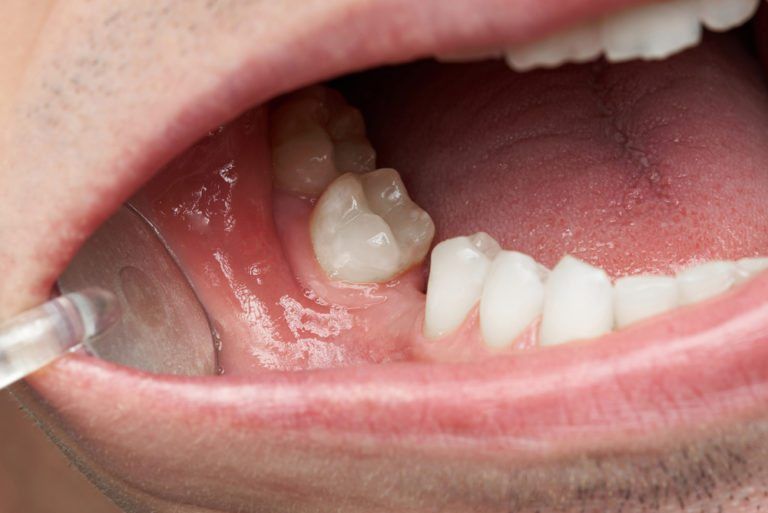The cost of not replacing a missing tooth

Many people living in the United States (and the world at large) live with one or more missing teeth and do not seem to care. One of the reasons this is so is because their other teeth are fully functioning and do the work they need. People living with one or more missing teeth assume they are safe. Contrary to such belief, living with your teeth missing may be more harmful than you think.
Our teeth are very useful in many bodily functions. In addition to chewing and digesting, teeth play an important role in our speech and also in protecting our gums. They aid the aesthetic look of the face and help distribute the pressure of chewing evenly through the mouth during eating. The absence of a single tooth consequently means that the functionality of the set of teeth is affected. For this reason, dentists advise patients to consult a doctor as soon as they have lost one or more teeth, so as not to have to pay the highest price of avoiding the replacement of the missing teeth. In understanding why it is important to see a dentist immediately, the following are the costs of not replacing your missing teeth
Cost of not replacing a missing tooth
- Reduced ability to speak clearly
One of the impacts and effectiveness of not replacing a set of missing teeth or a single tooth is the inability to speak clearly. The teeth work in hand with all the speech mechanisms to produce sounds and tunes from the mouth. Without the teeth, some of the vowels we pronounce wouldn’t be possible and air escapes from the mouth during speech. - Decreased self-esteem
Your self-esteem might drop. When you see the gap between the available teeth and the missing tooth, you might find it difficult to smile. You may not even be able to conveniently carry out certain tasks in the public. This means your social life is affected, and you may not be able to smile or talk to people in public. This is not good for your esteem. - Inability to eat some foods
Apart from not being able to pronounce some words and reducing how good you look, another important risk is that you may not be able to eat some types of foods. Although this depends on the missing tooth or teeth, certain food types can be difficult to chew or even bite. In an effort to avoid using the empty gap created by the missing teeth and hurting yourself, you probably will start using the other available teeth to make up for the missing tooth, and this overworks the available teeth. - Loss of bone
One of the biggest dangers associated with not replacing a tooth is the loss of bone. This is called bone reabsorption in dentistry. This happens when a tooth is lost then the roots are no longer embedded in the jaw, and this creates a cavity. Over a period of time, it can lead to a deterioration of the jaw. It doesn’t only negatively affect the place where the loss of a tooth is, but it can also cause the teeth around the gap to collapse. This increases your chance of gum disease.
The cost of not replacing your missing tooth is just too expensive, consider replacing today.

